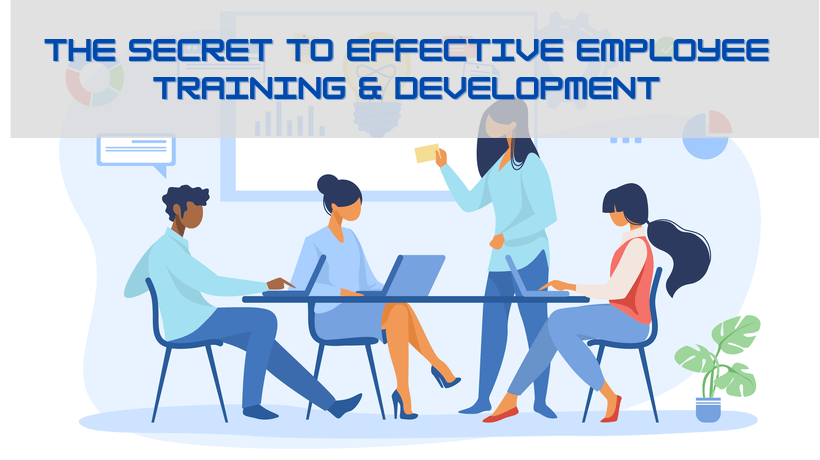
For businesses, skill transfer is a strategic issue. Transferring information and know-how is crucial for sustaining company continuity and dealing with the numerous interruptions in your talent pool: new recruit training, long-term absence, retirement, and so on. Within businesses, skill transfer is a critical activity. It is the activity of passing on information and know-how among an organization’s personnel in order to minimise business disruption.
The abilities of your employees are the cornerstone of your company’s success. Understanding how to transfer these abilities within and beyond the organisation will enable you to unlock latent potential and build a more resilient workforce. Unfortunately, doing this is tough. Traditional methods of training and staff development frequently fail to accomplish even modestly successful skill transfer throughout their workforce. Many businesses spend extensively on learning technology in order to stay up with the changing requirements of the workforce.
A solid online training tool for employees should solve these efficiency concerns, but it should also improve the efficacy of your company’s training and development efforts. Before we go into the technology, let’s look at why you would wish to promote skills transfer within your own company for effective training and development.
When striving to improve your learning processes, it’s critical to include both hard and soft abilities. Hard skills are those that assist you in performing your work, while soft skills are those that assist you in performing them properly. Hard talents are the kinds of abilities you’d utilise to really execute your work, and they include things like. Because the repetition necessary to implant these talents is usually done ‘on the job,’ these skills are easier to transfer. Although there are certainly more effective ways to master these skills, they have long been a standard element of human resource training.
Transferring soft talents is more difficult. Finding better methods to empower employees via professional development activities has never been more crucial, ensuring that no one in your organisation is left behind. Hard skill development is very simple since progress is measured by how well a person executes the hard skill. A person’s persuasiveness, adaptability, and creativity cannot be effectively measured by data. Soft skills are far more difficult to teach and measure, necessitating the use of learning technology that allows for context-specific, qualitative analysis and feedback.
Formal education does not allow the application of theories in a real-world setting. Instead of being adapted to the individual, the teaching style is developed for the masses informal training. Each employee will have a unique set of talents and expertise to build on, grow, and share and so skill transfer is a much more effective way for training and development. Skills transfer There are many professional training courses in almost all specialisations which can help you boost your productivity and the company performance. To know more about career specialized training there are a few pieces of training and a Development Blog that can help you. One of the really best Blogs on Corporate Training is Educational Know-How which will help you understand how professional training can improve your employee productivity.
